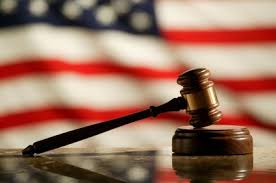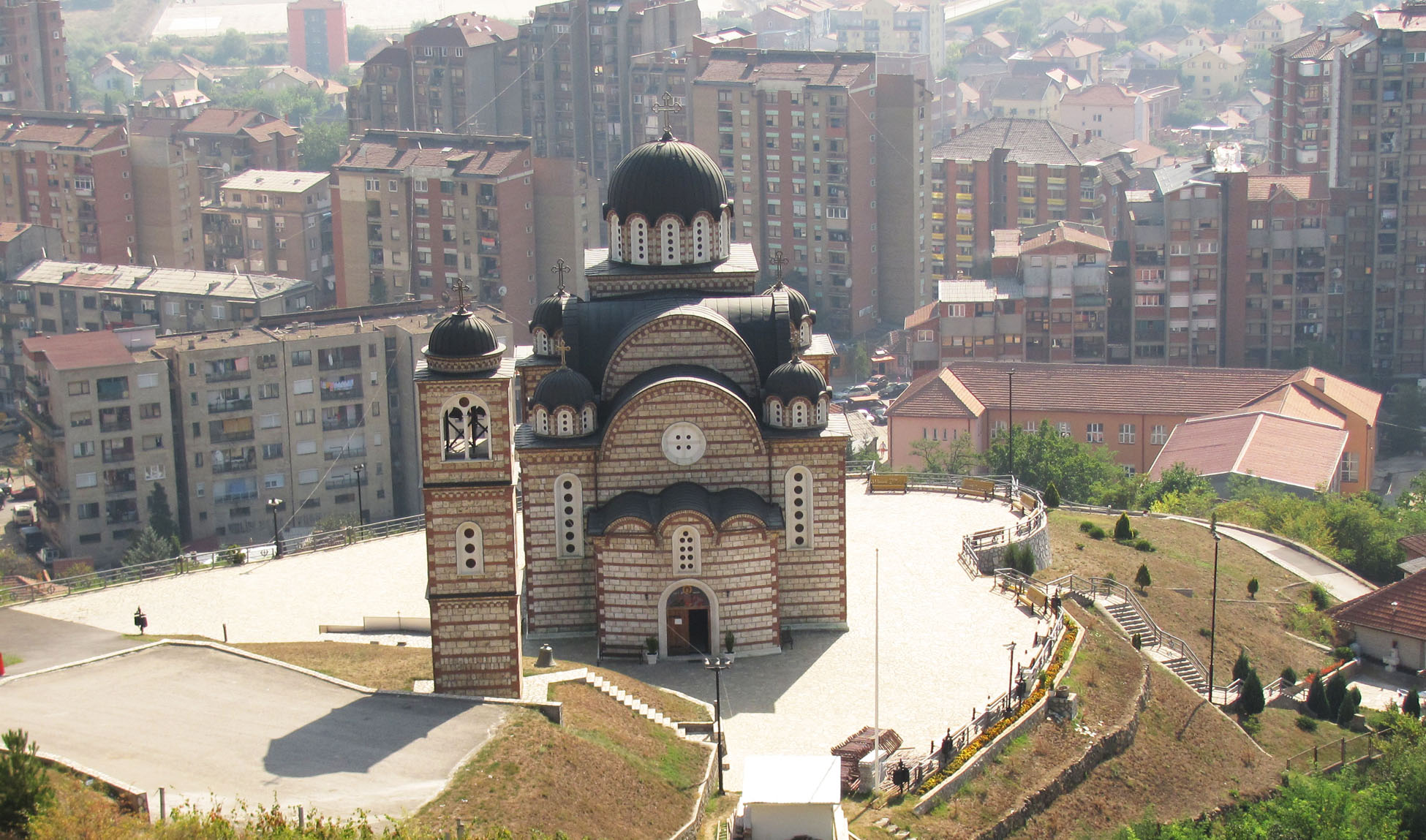Beyond including a plethora of bold, powerful stories about women of diverse circumstances, the new hit-series Orange is the New Black has also directed acute attention towards the state of the American criminal justice system.
Unequivocally, it is broken.
In more detailed terms, the system has become practically rotted through from ingrained racism, sexism, homophobia, political grand-standing, and greed. Though undoubtedly an American domestic issue, the process of American criminal justice has wide-ranging impacts on all American allies and partners throughout the world. For NATO member-countries, many of which have agreements with the United States to co-operate on justice issues, the functioning of the entire system is such to cause great concern.
Despite having only 5% of the world’s population, the USA houses some 25% of the world’s incarcerated population. Though its overall crime rate has fallen over the past 20-years, in 2012 the United States often exhibited four-to-five times the homicide rate of most of NATO members with 4.7 deaths per 100,000 people. There were only two countries that beat it: Lithuania (8.6) and Estonia (4.8). Within the prison population, rates of crimes such as rape, are epidemic. America’s tough approach towards crime, a closely held national tenet since the 1970s, not only costs a tremendous amount of money, but destabilizes the whole country. The United States needs to radically restructure its justice system not only to put its own house in order, but also to solidify and strengthen its relationships with its allies, as well.
In order to do this, the United States has to address a number of key concerns. One of the crucial differences between Americans and their fellow NATO or OECD members, is that the former has some of the most lax gun controls in the world. The ease with which one may purchase a firearm of assault quality is staggering. While rates of non-violent crime do not differ greatly between Canada and the United States, for example, the addition of guns to any tense situation is generally a recipe for disaster. Furthermore, the intense racialization of crime in the United States, both in perception and in actualization, has had deadly consequences. Young black men, but also Hispanics, have been unfairly treated by police and courts in the United States and this has led to a widespread distrust for the American criminal justice system, particularly among minority communities. Mistrust became and has largely remained endemic to the conduct of American justice – this is unsustainable, not only in material terms, but to the soul of a nation currently in troubled times. Building trust between communities of different experiences is difficult. It will take decades of work to overcome the consequences and the memories of the broken justice system, but as President Barack Obama noted in his comments after the heartbreaking death of Trayvon Martin, understanding the anger is crucial towards moving forward.
A more just America would not only help its own citizens, whether they are languishing in prisons or fearing for their safety, but it could dramatically improve the image of the United States abroad, as well. It is difficult for the United States to preach understanding and advocate for the proper conduct of justice when the people like Pope Benedict and Nelson Mandela have telephoned the White House to stay an execution. Closer to home, if Americans decided to reform their draconian anti-drug laws and tighten gun restrictions, then neighbours like Mexico could enjoy substantial gains in their own domestic law and order.
Given the incredible gridlock of contemporary American politics, the kind of revolutionary thinking needed to see these reforms carried out is unlikely to come from Congress or the White House – though states and municipalities may yet have surprises. Until these fundamental inequalities and dysfunctions are addressed, the United States will continue to find its finances drained, its citizens mistrustful, and its moral character attacked abroad. America is in a prison of its own building, but it has the keys to escape, at least for now.




